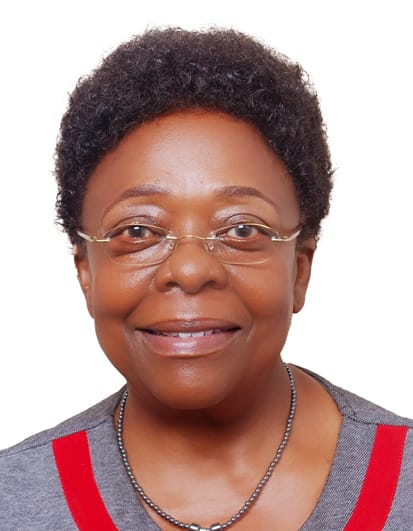Following the recently concluded eight-part Black History Month series, there has been considerable interest and popular demand to explore more hidden knowledge about African history. As a special edition, I have written “Witchcraft: The Word Africa Never Owned — By Popular Demand.”
To close the month of October, I will also publish a final essay on 31st October titled “Halloween and Witchcraft.” The irony is striking: while African spiritual systems have long been demonised and accused of witchcraft, we are now drawn into celebrating Halloween a European festival dedicated to witches.
In most African societies, there was no word for “witchcraft” in the European sense until missionaries and colonisers arrived, yet today, the world thinks Africa invented it. This single fact turns a widely held assumption on its head. What Europeans called “witchcraft” was never a native concept; it was a foreign label forcibly applied to centuries of sophisticated African moral, spiritual, and social practice. It is through this linguistic colonisation that the world came to associate Africa so closely with something it never truly owned.
Before the arrival of Abrahamic religions, African societies operated within complex systems of spiritual knowledge. Life was understood as a web of interconnected forces; humans, animals, plants, ancestors, and spirits. Within this framework, certain individuals possessed powers that could heal, protect, or provide guidance. Equally, there were those who deliberately disrupted harmony, causing illness, misfortune, or social tension. In Swahili, these people were known as wacawi; in Luganda, abalogo; in Zulu, umthakathi; in Yoruba, aje; and in Shona, muroyi. Each term carried the weight of ethical evaluation: it described acts that broke communal norms, violated trust, or upset balance, not a metaphysical alignment with evil.
The crucial distinction is that pre-colonial African societies did not moralise power in a cosmic sense. Wrongdoing was assessed relationally, by the harm inflicted and its effect on the community. Power itself was neutral. A healer and a harmful manipulator might use the same knowledge, but intent and outcome defined social judgement. By contrast, European notions of witchcraft, especially after the rise of Christianity, framed the practice as inherently evil, linked to Satan and rebellion against God. Witch-hunts in medieval Europe punished the alleged alignment of humans with cosmic evil, often irrespective of social context or intent.
When missionaries and colonial administrators arrived in Africa, they imposed their categories onto indigenous realities. All forms of spiritual power were lumped together under the European word witchcraft. Neutral healers, diviners, and even community guardians were recast as dangerous or demonic. The ethical subtlety of African systems, the nuanced recognition of intent, communal responsibility, and the relational nature of harm, was flattened into a stark dichotomy: good versus evil, Christian versus heathen. What had once been social ethics became moralised superstition, a lens that obscured centuries of indigenous knowledge.
The irony is striking. Europe, which once burned its own wise women, herbalists, and seers, projected its moral panic onto Africa, as if witchcraft were a uniquely African pathology. Today, when the word “witchcraft” is uttered, the mind leaps to Africa, yet the concept, the very term, was imposed by outsiders. Linguistically, the continent was bewitchingly misrepresented; culturally, it was rendered suspect.
Reclaiming this history is urgent. Africa did not invent witchcraft; it had its own languages and frameworks for understanding power and harm. By recognising the difference between ethical violations (wacawi) and theological evil (witchcraft), we restore nuance to African spirituality. The challenge is to recover the vocabulary that speaks to relational ethics and communal harmony, to see power as neither inherently good nor inherently evil, and to refuse the colonial spell that named our spirits wrongly.
In the end, the most profound injustice was not the existence of harmful people. Every society had them, but the erasure of African moral and spiritual sophistication under the weight of a foreign word. Africa’s spiritual heritage was never inherently “dark;” it was misnamed, misunderstood, and misrepresented. Recognising that is the first step in reclaiming our own history, and the second is refusing to allow words coined in foreign lands to define who we are.
Ciao
Gertrude Kamya Othieno is the founder of the Global People’s Network (GPN), a Pan-African initiative dedicated to retelling Africa’s story to the world.
gkothieno@gmail.com*


